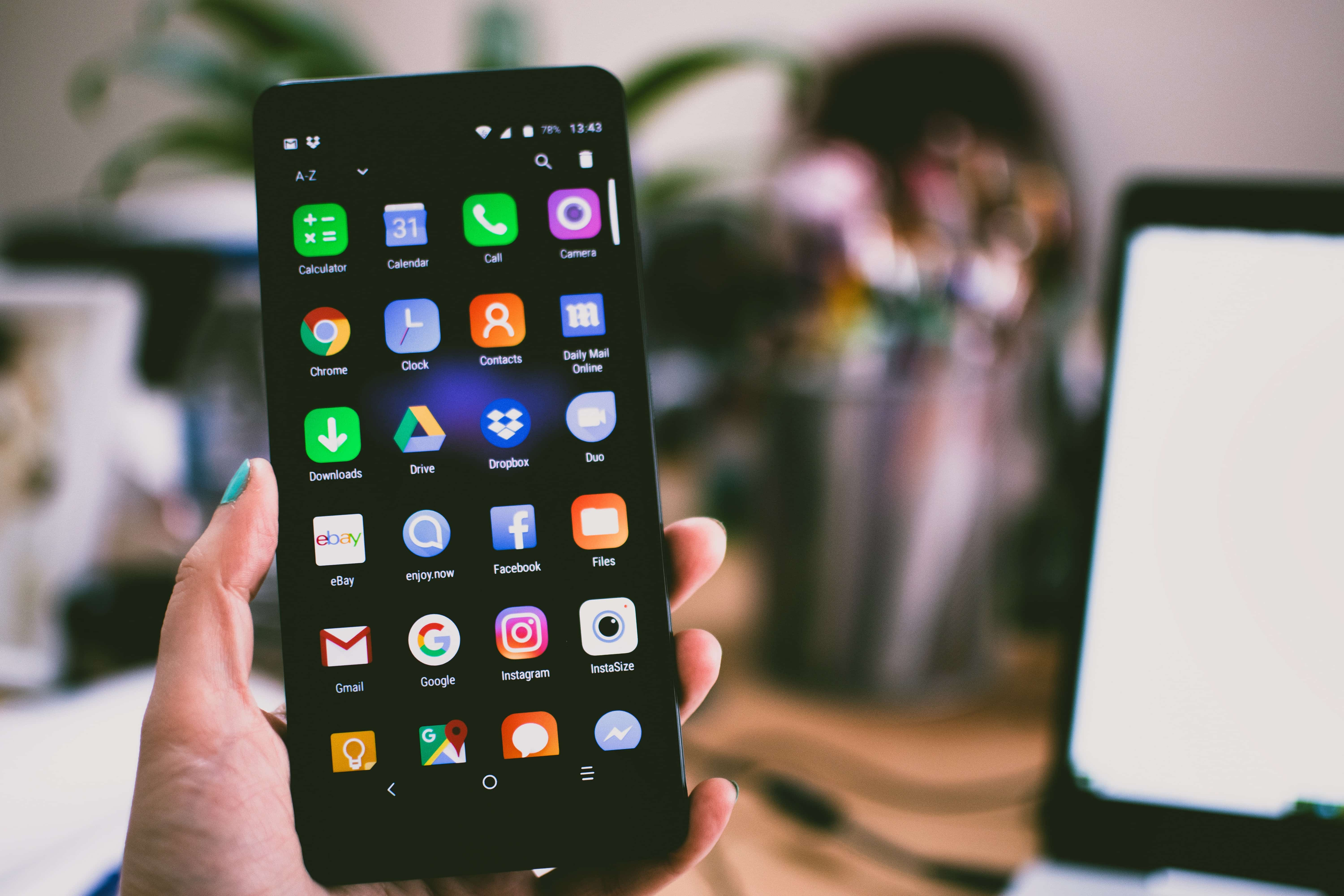Overcome Smartphone Addiction - Understanding Addiction, Building Healthy Habits, Professional Solutions
 By
Team Taju Coaching
·
3 minute read
By
Team Taju Coaching
·
3 minute read

Smartphones have become an integral part of our daily lives, but excessive use can lead to addiction and a loss of control. If you find yourself constantly glued to your screen, it's time to take action. This article offers practical tips to overcome smartphone addiction and regain control of your life, allowing you to strike a healthier balance between the virtual world and the real one.
Understanding Smartphone Addiction
- Smartphone addiction has become a prevalent issue in today's society, with individuals spending excessive amounts of time using their devices.
- Studies have shown that smartphone addiction can lead to negative consequences such as decreased productivity, disrupted sleep patterns, and impaired social interactions.
- For example, excessive smartphone use can hinder work productivity by causing distractions and procrastination.
- Additionally, constantly checking notifications and engaging with social media can disrupt sleep, leading to fatigue and decreased cognitive performance.
- Interpersonal relationships can also suffer as individuals prioritize virtual interactions over real-life connections.
- It is important to be mindful of our smartphone usage and establish healthy boundaries to prevent the negative effects of addiction.
The Negative Impact of Smartphone Addiction
Smartphone addiction can have a detrimental impact on various aspects of life. One significant consequence is the decline in mental and physical health. Excessive usage of smartphones can lead to decreased attention span, poorer cognitive abilities, and disrupted sleep patterns.
Recognizing the Signs of Smartphone Addiction
Constantly reaching for your smartphone, even in situations where it is inappropriate or unnecessary, could be a sign of smartphone addiction. Other signs include feeling anxious or restless when your phone is not within reach and using it as a way to escape from real-life interactions. For example, if you find yourself scrolling through social media during important conversations or checking your phone excessively while driving, these behaviors may indicate an unhealthy attachment. Being aware of these signs can help you identify if you or someone you know may be experiencing smartphone addiction.
Setting Boundaries with Your Smartphone
Setting boundaries with your smartphone is crucial in curbing smartphone addiction. By establishing limits on your phone usage, you can regain control over how much time you spend engrossed in digital distractions.
For example, designating specific hours during the day for uninterrupted focus on work or personal relationships can help you prioritize important tasks.
Additionally, implementing phone-free zones, such as the bedroom or dinner table, promotes healthier habits and enhances interpersonal connections. By setting these boundaries, you can create a healthier relationship with your smartphone and reduce the negative effects of smartphone addiction.
Creating Healthy Habits
Creating Healthy Habits when it comes to smartphone addiction is crucial in maintaining a balanced lifestyle. Taking regular breaks away from the screen and engaging in physical activities such as exercise or spending time outdoors can help reduce excessive smartphone use. Setting limits on screen time and utilizing features like "do not disturb" mode can also be helpful in creating healthy habits.
Additionally, establishing a bedtime routine that doesn't involve screen usage can improve sleep quality. By incorporating these practices into daily life, individuals can regain control over their smartphone usage and prioritize their well-being.
Breaking the Addiction Cycle
To overcome smartphone addiction, it is crucial to break the cycle that keeps individuals hooked on their devices. One practical step is to establish specific boundaries and set aside designated phone-free times or spaces. For example, individuals can designate "device-free zones," such as their bedrooms or dining areas, to promote healthier habits and reduce excessive screen time. Additionally, engaging in alternative activities, like exercising, reading, or spending time in nature, can help shift focus away from smartphone usage. By implementing these strategies, individuals can break the addiction cycle and regain control over their lives.
Seeking Professional Help
Seeking professional help is an important step in addressing smartphone addiction. Experts in the field can provide valuable guidance and support to individuals struggling with this issue. For instance, they can offer practical strategies to reduce screen time, such as creating a schedule for phone usage or setting boundaries. They can also educate individuals on the potential negative effects of excessive smartphone use, such as sleep disruptions and decreased productivity.
Furthermore, professionals can assist individuals in developing healthier habits by teaching them alternative activities to engage in and helping them explore underlying causes of their addiction.
Final thoughts
This article provides various tips to help individuals overcome smartphone addiction and take back control of their lives. It emphasizes the extent of smartphone addiction and its negative impact on mental health and relationships. The tips include setting goals and boundaries, reducing screen time gradually, removing unnecessary apps, practicing mindfulness, finding alternative activities, and seeking support from others.
By implementing these strategies, individuals can regain balance in their lives and reduce the harmful effects of excessive smartphone use.
